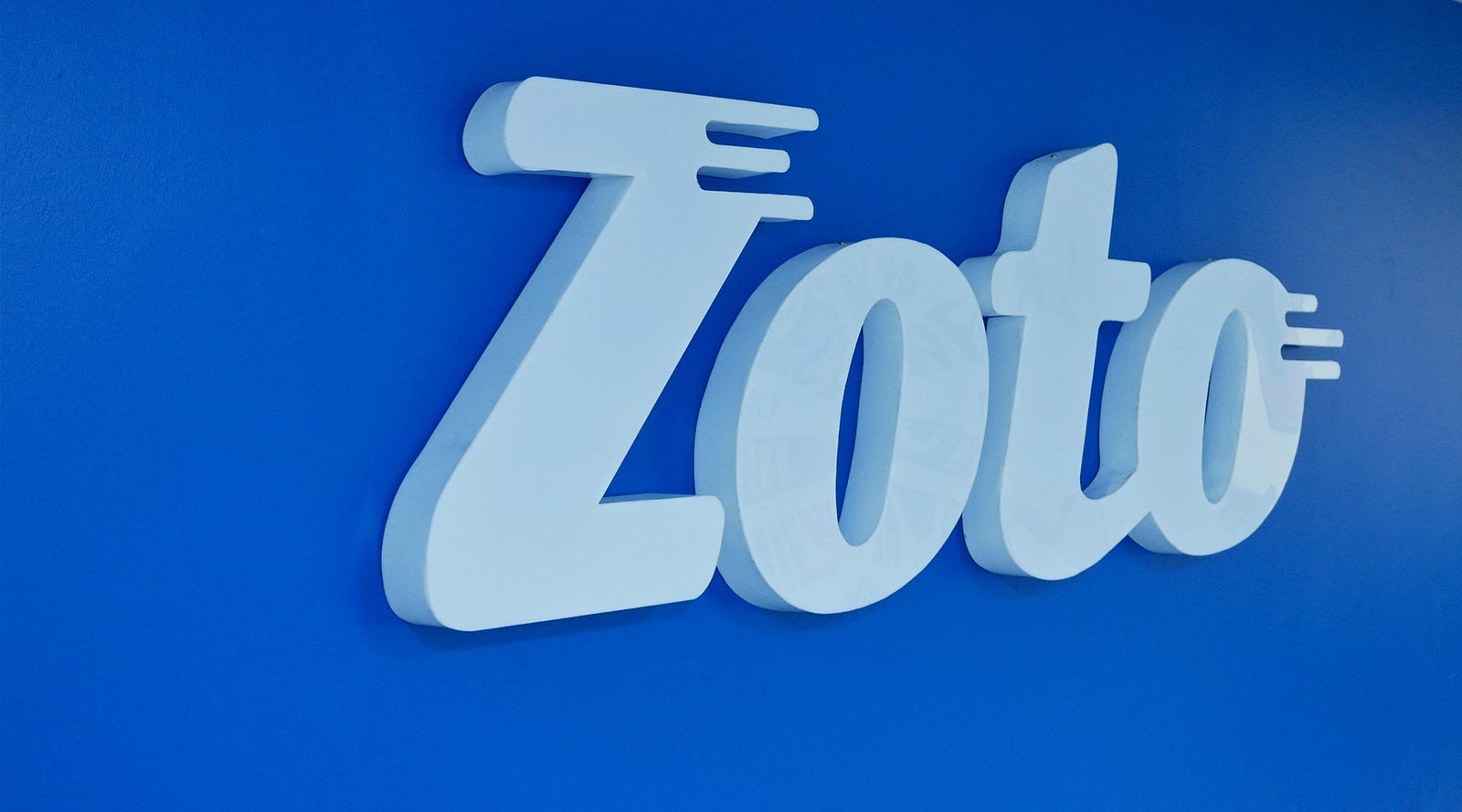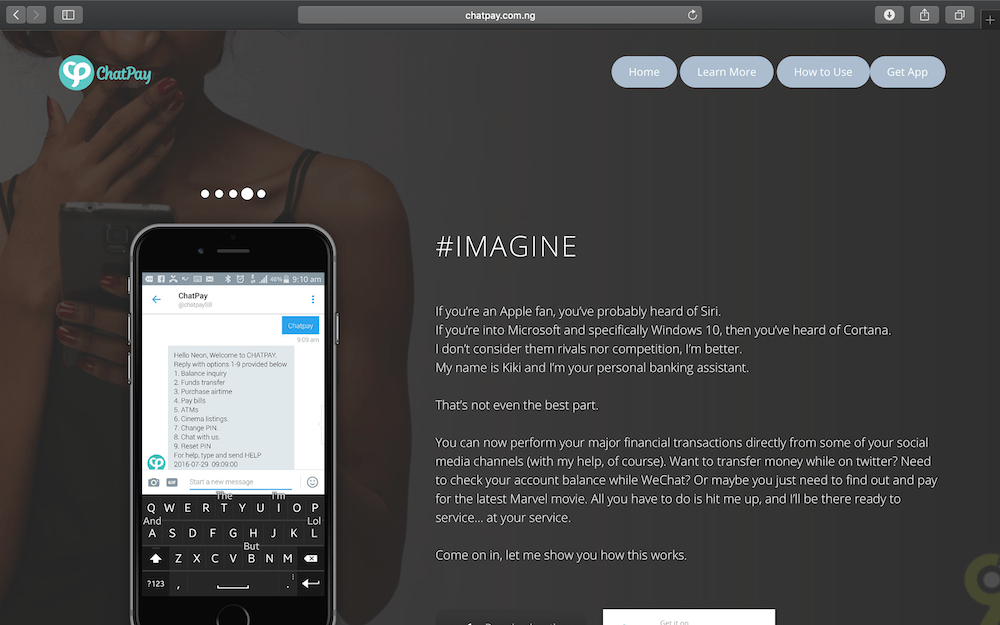You can get all the introduction and preamble you need from the First Part of this two-part report.
Without further ado, the remaining three dead startups we would like to highlight are Zoto, ChatPay and Afro (Cab).

Zoto
Type: FinTech Co-founders (year): Oshone E. Ikazoboh (May, 2015)
Zoto was a wallet-based bill payment solution—airtime, electricity, cable TV, movies and betting. It was founded by both Nigerians and Indians under the companies—Hedonmark Management Services Limited and Mahindra Comviva, respectively.
Thanks to a lot of giveaways and promos, they reached one million users in just about two years (compared it to Paga’s three years). And they had an impressive 500,000 plus downloads on the Play Store.
Then, with Zoto, users earned as much as ₦62,800 from Zoto’s cashback and reward programmes like ZOTO50, WOW, FLAT200. Also, one a first recharge of ₦100, a user you would get N1000 and when other people recharge through the user’s referral code, both parties would receive ₦500 each.
Needless to say, it was loved by many Nigerians, especially youths. “They were my go-to for recharge and data“, a Nigerian into the business of graphic design and shirt-making told Benjamin. “They made life easier for me“, another Nigerian male who now uses Jumia One for his data services, added on Twitter.
Zoto literally shook the payments ecosystem armed with a Mobile Money license owned by Hedonmark Group, parents of Zoto. In February, Oshone even announced plans to delve into Peer-to-Peer (P2P) payments as part of their expansion strategy.
However, when it was time to announce a demise, no concrete statement was released. “Not all startups survive”, were the last and only words from Oshone to hint their closure.

Our Verdict
By itself, growth hacking with lots of bonuses and rewards for referrals is not a bad thing, in fact, it is used around the world, as in the case of PayPal and Dropbox. But how sustainable is it? And are startups able to know when to stop? What happens when the bonuses the users have come to normalise are gone?
For more context, PayPal’s $20 dollar referral program delivered 10% daily growth and an exponentially growing cost, but no revenues. PayPal was rescued in March 2000 when it received huge investment funds that kept it afloat till the referral marketing was discontinued.
While we can’t say conclusively that Zoto is dead, we can say that they stopped operating since August 2018 and as at the time of this report, their website is unavailable.
Died: August 2018 Lived for: 3 years.

ChatPay
Type: FinTech Affiliation (year): Sterling Bank (July 2016)
ChatPay which was promoted by Sterling Bank launched a year after Zoto stormed the Nigerian market.
It was a bank-agnostic personal financial assistant that worked on major social media platforms such as Twitter, Telegram, Messenger, Wechat and Skype. It helps users transfer funds, pay bills and purchase airtime.
The ChatPay mobile app had about 10,000 downloads on the Play Store. But as at the time of writing this report, the app is no longer available on the Play Store.
Though now extinct, it paved the way for the likes of UBA’s Leo, Diamond’s Ada, and Stanbic IBTC’s Sami.
Our Verdict
The death of ChatPay is quite mysterious. Because all the odds appeared to be in its favour. It was one of the to-watch fintech startups of 2018 because of its popularity and usefulness.
Also, it came at a time when FinTechs were the rave with up to 80% of the $82.9 million raised in the first half of 2018 going to them. Thus, ChatPay could have more readily raised funds.
In addition to that, it had the support of a tier-two Nigerian bank similar to PayWithCapture supported by Access Bank.
On the other hand, chat banking has now become commonplace in 2018. We believe ChatPay, although now extinct paved the way for the likes of UBA’s Leo, Diamond’s Ada, and Stanbic IBTC’s Sami.
Also in 2017, kudi.ai, which offers the same services as ChatPay, launched and they are still thriving till this day.
Could ChatPay have been ahead of its time? Did they have a poor execution strategy? Why did they go cold?
Ghosted: Q4 2018 Life span: about 2 years.

Afro (formerly Afrocab)
Type: Ride-hailing Key personnel: Taj Zadhra-Ogunsola and Aniedi Udo-Obong
Afro was supposed to be the “Uber for Nigeria”.
Officially founded by a group of tech entrepreneurs in 2014 with seed funding from private investors, Afrocab was a taxi-hailing service that allowed users to get rides-on-demand from the comfort of their smartphone.
They had launched some months before Uber officially debuted in Nigeria. But somehow, they have closed down, while Uber is still on.
A while after it first, AfroCab went ghost; only to make a comeback as Afro in May 2015. We wrote about it then.
In May 2015, Aniedi Udo-Obong, now Program Manager at Google, was appointed as the General Manager after being the Chief Technology Officer for a year and one month.
They did make some progress then.
But in 2016, they were grounded and as at the time of filing this report, the website’s domain is available for purchase (lol) and the app can’t be found on Google Play Store. They year 2016, is a long way out, but was never really reported
Our verdict
A reliable source informed us that of the four things—idea, product, team and execution—a startup needs to succeed, Afro only had one.
The source would not tell us more, but considering that even after the rebranding, the app was only 60% functional, we would like to believe that they didn’t have good execution, and all they might have was an idea.
The then General Manager, Aniedi Udo-Obong left to join American multinational tech firm—Google—in February 2016, and that was the last we heard of Afro.
Died: 2016 Life span: roughly 2 years
Observation and final words
Nigeria’s startup situation is peculiar as entrepreneurs are faced with the basic infrastructural services upon which to build services and businesses on top. In 2018, power supply and good motorable roads that aid logistics are still talking points. This is part of the many reasons logistics-heavy (e-commerce sites like Konga and OLX) startups find it hard to thrive in the country.
As more FinTechs are getting funded, some are dying (Zoto and ChatPay). Investors and entrepreneurs need to not believe the hype and be watchful over their books, making sure the unit economics add up.
Weird observation but many startups (57% in our case) tend to launch in the first half of the year. Why is this?
We realised that of the seven startups reviewed 57% of them lived lesser than the proverbial five years it takes for a company to be fully established, further proving the 5-year rhetoric.
For the ones that dragged past the 5-year mark (Konga, and OLX), they were heavily funded, so they had enough cash to burn through before their investors decided out.
As we conclude, we would like to re-echo Ope Adeoye’s question, What are the real predictors of company mortality?
Daniel Iyanda co-authored this report.





